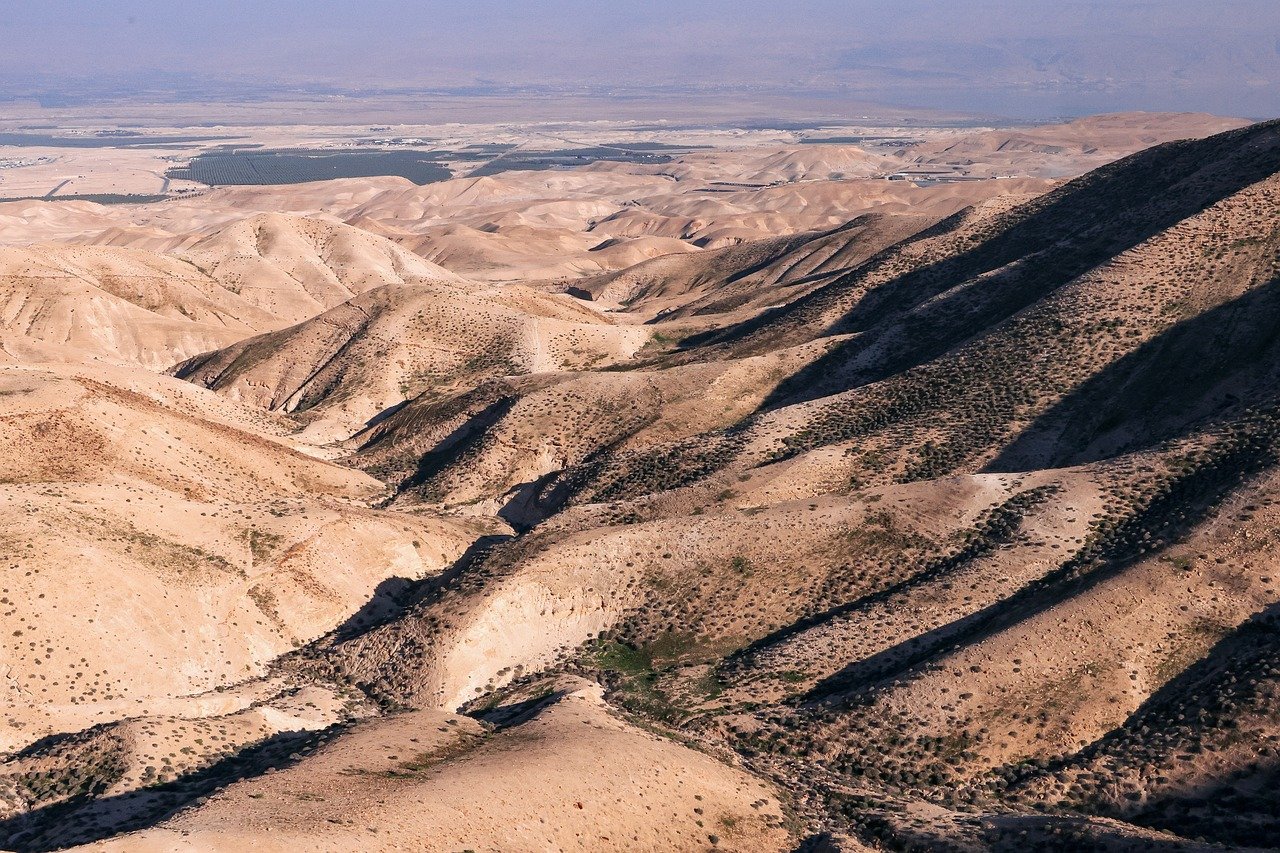Brazil’s Eco-Lodges: Embracing Sustainable Tourism in the Heart of the Amazon Rainforest
As global awareness of environmental conservation grows, sustainable tourism is becoming a significant focus for travelers worldwide. One of the most captivating destinations for eco-conscious tourists is the Amazon rainforest in Brazil. This remarkable region is renowned for its biodiversity and cultural richness, making it a prime spot for eco-lodges dedicated to sustainable tourism. In this blog post, we explore how these eco-lodges are redefining travel experiences and contributing to the preservation of this natural wonder.
Understanding Sustainable Tourism
Sustainable tourism is a form of travel that minimizes negative impacts on the environment and local communities while enhancing the well-being of the people who live in the area. According to the United Nations World Tourism Organization, sustainable tourism should make optimal use of environmental resources, respect the socio-cultural authenticity of host communities, and provide socio-economic benefits to all stakeholders. In the context of the Amazon rainforest, this means protecting the ecosystem while fostering economic growth for indigenous populations.
The Importance of the Amazon Rainforest
The Amazon rainforest is often referred to as the “lungs of the Earth” because it produces about 20% of the world’s oxygen. Spanning over 5.5 million square kilometers, it is home to an estimated 390 billion individual trees divided into 16,000 species. This biodiversity hotspot is crucial for global climate regulation and offers a sanctuary for many endangered species. However, deforestation and climate change pose significant threats to this vital ecosystem.

Eco-Lodges: A Sustainable Solution
Eco-lodges have emerged as a sustainable solution to the challenges facing the Amazon. These accommodations are designed to have minimal impact on the environment while providing guests with an immersive experience in nature. Generally, they incorporate renewable energy sources, waste management systems, and locally sourced materials. Furthermore, eco-lodges often collaborate with local communities to ensure that tourism benefits the region economically and culturally.
Features of Amazonian Eco-Lodges
Environmentally Friendly Design
Amazonian eco-lodges are typically constructed using sustainable materials such as bamboo, recycled wood, and palm leaves. These materials not only blend seamlessly with the natural surroundings but also reduce the carbon footprint associated with construction. Many lodges employ solar panels and rainwater harvesting systems to ensure energy efficiency and water conservation.
Community Engagement and Support
A key aspect of eco-lodges is their commitment to supporting local communities. This often involves employing local residents, purchasing locally produced goods, and offering cultural experiences that educate tourists about indigenous traditions. For example, the Earthwatch Institute works in collaboration with local communities to promote conservation efforts and sustainable livelihoods.
Wildlife Conservation
Many eco-lodges in the Amazon are actively involved in wildlife conservation projects. These initiatives focus on protecting endangered species, rehabilitating habitats, and conducting research to better understand the region’s biodiversity. Guests are often encouraged to participate in these efforts through guided tours, educational workshops, and volunteering opportunities. The World Wildlife Fund provides valuable insights into the ongoing conservation efforts in the Amazon.

Noteworthy Eco-Lodges in the Amazon
Juma Amazon Lodge
Located in a remote area by the Juma River, the Juma Amazon Lodge offers an authentic rainforest experience. The lodge is constructed on stilts to adapt to the river’s changing water levels and minimize environmental impact. Guests can enjoy activities such as canoeing, jungle hikes, and wildlife observation. The lodge is deeply committed to sustainability, with solar energy systems, biodegradable products, and a waste treatment plant.
Anavilhanas Jungle Lodge
Situated near the Anavilhanas Archipelago, this lodge provides luxurious accommodations while prioritizing environmental conservation. The lodge integrates sustainable practices in its operations, including the use of organic waste for composting and supporting reforestation projects. Visitors can explore the rainforests through guided tours and learn about local flora and fauna from knowledgeable guides.
The Role of Tourists in Sustainable Tourism
Tourists play a crucial role in promoting sustainable tourism. By choosing eco-lodges over traditional accommodations, travelers can significantly reduce their environmental impact. Additionally, tourists should strive to respect local cultures and traditions, reduce waste, and support businesses that prioritize sustainability. The Responsible Travel organization offers tips and resources for travelers seeking to make a positive impact.
Challenges and Future Prospects

While eco-lodges are making strides in sustainable tourism, challenges remain. The remoteness of the Amazon can make it difficult to access resources, and the region’s vulnerability to climate change poses ongoing threats. However, technological advancements and increased global awareness offer hope for the future. By embracing innovative solutions and fostering international collaboration, eco-lodges can continue to thrive and contribute to the preservation of the Amazon rainforest.
Takeaways
Brazil’s eco-lodges in the Amazon rainforest offer a unique opportunity for travelers to connect with nature while supporting environmental and cultural conservation. These lodges exemplify the principles of sustainable tourism by minimizing environmental impact, engaging with local communities, and prioritizing wildlife conservation. As travelers become more conscious of their environmental footprint, eco-lodges are poised to play a pivotal role in the future of tourism. By choosing sustainable travel options, tourists can contribute to the preservation of the Amazon and ensure that its wonders endure for generations to come.
Local Cuisine and Cultural Experiences
One of the highlights of staying at an eco-lodge in the Amazon is the opportunity to savor local cuisine and immerse oneself in cultural experiences. These lodges often feature menus that showcase traditional Amazonian dishes made from fresh, locally sourced ingredients. Guests can enjoy a variety of flavors, from grilled tambaqui fish to exotic fruits like açaí and cupuaçu, offering a taste of the region’s rich culinary heritage.
In addition to culinary delights, eco-lodges frequently arrange cultural activities that allow guests to engage with the local indigenous communities. These experiences might include traditional dance performances, handicraft workshops, or storytelling sessions with community elders. Such interactions provide a deeper understanding of the cultural fabric of the Amazon and highlight the importance of preserving these traditions for future generations.
Environmental Education and Awareness

The educational aspect of eco-lodge stays cannot be overstated. Many lodges incorporate environmental education programs into their offerings, providing guests with insights into the challenges facing the Amazon rainforest and the efforts being made to combat them. These programs might include guided nature walks led by expert naturalists, informative lectures on conservation strategies, or interactive workshops on sustainable living practices.
For example, the Rainforest Alliance is a notable organization that collaborates with eco-lodges to promote sustainable tourism practices and enhance environmental education. By fostering a deeper connection with the natural world, these educational programs inspire guests to become advocates for the environment long after their stay has ended.
Technological Innovations in Eco-Lodging
As the demand for sustainable tourism grows, eco-lodges are increasingly adopting technological innovations to enhance their sustainability efforts. Advances in solar technology, for instance, allow lodges to harness the abundant sunlight of the Amazon region to power their facilities. Similarly, cutting-edge waste management systems are being implemented to reduce the environmental footprint of lodges and promote a circular economy.
Moreover, some lodges are leveraging digital tools to improve guest experiences and promote conservation. Mobile apps, for example, can provide guests with real-time information about wildlife sightings, trails, and weather conditions, enhancing their overall experience while minimizing the need for printed materials. These technological innovations underscore the commitment of eco-lodges to continually evolve and adapt in the pursuit of greater sustainability.

Impact on Local Economies
The rise of eco-lodges in the Amazon has had a positive impact on local economies, providing job opportunities and supporting small businesses. By employing residents as staff members, guides, and artisans, eco-lodges contribute to the economic development of the region. Additionally, many lodges prioritize sourcing materials and products from local vendors, thereby boosting the livelihoods of local farmers, craftsmen, and entrepreneurs.
Furthermore, eco-lodges often invest in community development projects, such as building schools, improving healthcare facilities, and enhancing infrastructure. These initiatives not only improve the quality of life for local residents but also strengthen the community’s ability to manage and benefit from tourism sustainably. As a result, eco-lodges serve as a catalyst for positive change, fostering economic resilience and empowering local communities.
Takeaways
Brazil’s eco-lodges in the Amazon rainforest offer more than just a place to stay—they provide a transformative experience that aligns with the principles of sustainable tourism. By prioritizing environmental conservation, cultural preservation, and community engagement, these lodges exemplify a model of tourism that respects and nurtures the natural world.
As travelers increasingly seek meaningful and responsible travel experiences, eco-lodges will continue to play a vital role in shaping the future of tourism in the Amazon. By choosing to support these establishments, tourists can contribute to the protection of one of the planet’s most precious ecosystems and the cultural heritage of its inhabitants. With ongoing innovation and collaboration, the prospects for sustainable tourism in the Amazon are bright, offering hope for a future where tourism and conservation go hand in hand.










